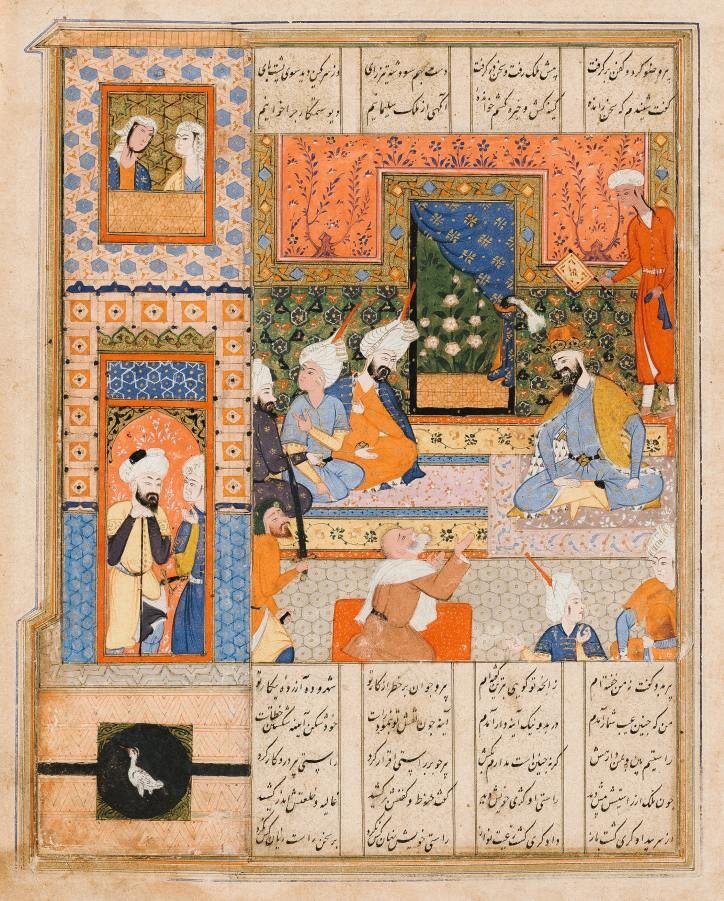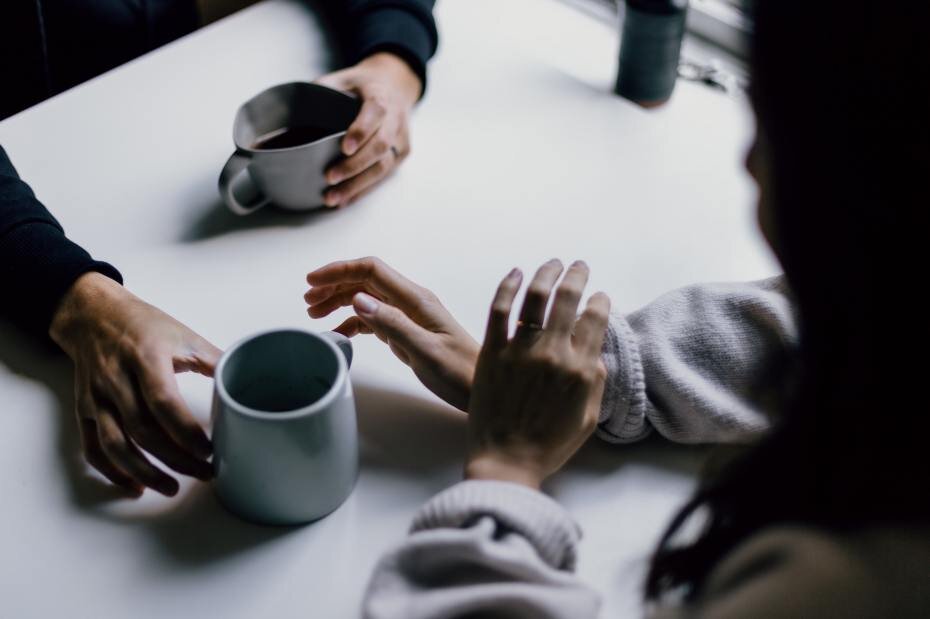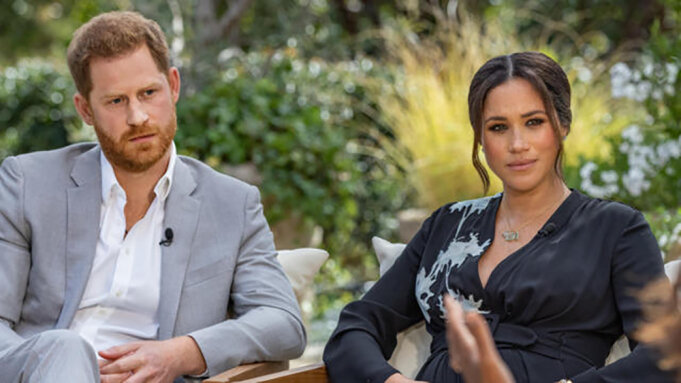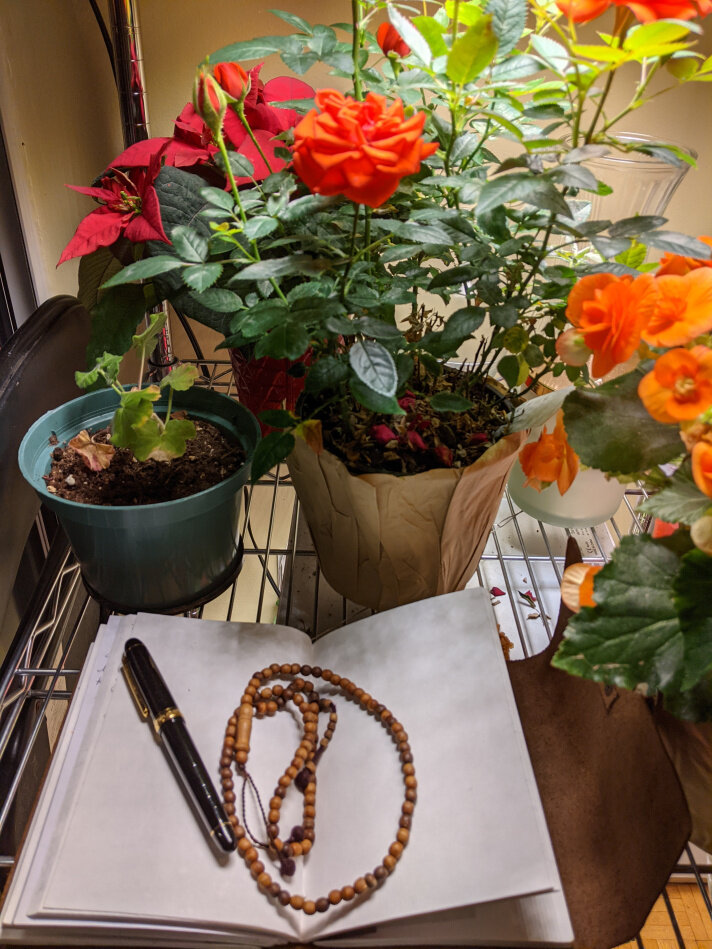From conflict to understanding, from getting stuck to moving forward
Anatomy of workplace Conflict Transformations: Tools, Tips, Thoughts
-
Workplace Conflict
-
Race & Gender
-
Conflict in Pop Culture
About the author - Dr. Sara Shamdani
“I don’t know what I think until I write about it”, wrote the brilliant Joan Didian. I am a socio-political scientist and a writer and I come to understand my experiences more fully through writing. And because I’m passionate about conflict transformation and work as a mediator to bridge people’s understanding of each other, I come to these pages to explore my experiences and understanding of conflict in our culture, particularly at work. Sometimes I draw on my personal stories and experiences and sometimes I purely cite the research I’ve read. I hope these stories and thoughts resonate with you and I hope you find something helpful in them.

Whoopi Goldberg, “Maus”, and the conversation of ‘what is racism?’
Recently there was a conversation on the talk show “The View” about some Tennessee schools banning Art Spiegelman’s brilliant book: “Maus”. They were talking about the significance of the book in showcasing the devastation of the Holocaust, and then the conversation took a turn by Whoopi Goldberg talking about how the Holocaust was not racially motivated since this was simply crimes of humanity against its own kind. She called it a “White on White crime.” Her colleagues mainly disagreed with her, but none were able to provide a substantial analysis or an argument of why Holocaust was about race. I have a lot of thoughts about this important topic.

A circle back to Science fiction
"My feelings are hurt", is such a wonderful sentence. My feelings. The focus, the subject of the sentence is the feelings, the feelings that belong to the person who is experiencing and narrating them. In this sentence, there's no "you", although the "you" can be implied, the focus is so strictly on the person who has been hurt. It's a simple utterance of truth about one self in its most indisputable way.

Hamilton and Toni Morrison
I have been reading and reflecting on the criticism that Lin-Manual Miranda received on the release of In The Heights. In my research, I went down a rabbit hole and came across something very interesting: a critique of Hamilton (the musical) by the playwright Ismael Reed in a play called “The Haunting of Lin-Manual Miranda”. This play criticizes, what Ismael considers, Miranda’s smoothing over of Alexander’s Hamilton slave-owning ties and not even addressing his contributions to the genocide of Native Americans. I learned that this interesting play was partially funded by Toni Morrison, a very intriguing factor, so I dug deeper.

In the Heights: An immigration story and unconscious bias
I’m fascinated by immigration stories. As a first-generation immigrant myself, I’ve found that regardless of where people immigrate from when they immigrate with the goal and in hopes of a better life, many of those stories are similar. They seem to blend and create ‘the immigration story’.

The role of the advisors
Advisors of our lives have an enormous influence on shaping and at times contributing to, or transforming the conflict. The third party can remind the two parties in conflict what is ultimately at stake in the situation, what really matters, and what do the parties ultimately want. When we are deep in any conflict, we begin to lose sight of what’s really important. The third party can see with a bit more clarity, with a more meta-view of the situation.

The poems of my ancestors
I come from a long line of peacemakers. My grandfather and my great uncle were mediators and peacemakers in their large families and the small village they grew up in. I grew up hearing stories of how different people would go to these men, the elders of their community, to have their disputes resolved. Their calm and kind demeanor drew others in. It felt calm just being in their presence.

If we want others to understand us, we have to first understand them
Viewpoint diversity isn’t about trying to change someone’s mind. But if you can get people to be open to new ideas, having conversations with other people and being able to disagree in a way that is constructive rather than just being judgmental, that’s your best chance to change minds—and regardless, you understand more and coexist better.

Feminist Killjoys and the Royal Family
I watched the TV event of the year: Oprah’s sit down with Meghan and Harry and I have been thinking about allyship of Prince Harry. Or rather allyship in general. He said during the interview that although he had been doing the work before meeting Meghan and reading and educating himself, he grew up in an environment that active anti-racist thoughts and behaviours were absent.

Gratitude
I have a tasbeeh at home that I use for meditation. Tasbeeh is a Muslim prayer bead and this one was a gift to my dad from one of his friends who brought it from Mecca. I saw it one day at his place and asked if I could have it and he gave it to me. I am not religious but I am spiritual and my tasbeeh has been helping me to focus on my breath.

A Note on Understanding
“Unfortunately understanding doesn’t always connote sanction, conversion, or forgiveness.” That’s the problem, isn’t it? I have an argument with my loved one and I explain my position. I suspect that they would understand me after my explanation, and I want to be understood so badly. But in fact what I want is not just to be understood, what I want is all the above: sanctioning my behaviours, converting to my way of thinking and acting, or forgiving my behaviours.

